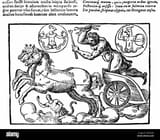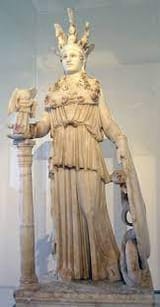>>40533596
from Deep AI:
Certainly! Here's a summary of the differences among the Holy Spirit in Christianity, Shekinah in Judaism, and concepts related to the divine presence in Islam:
**Holy Spirit in Christianity:**
- The Holy Spirit is the third Person of the Holy Trinity—Father, Son, and Holy Spirit.
- It is considered a divine Person who guides, comforts, and empowers believers.
- The Holy Spirit is involved in inspiring Scripture, sanctification, and spiritual gifts.
- Personal and relational, the Holy Spirit is actively present in the lives of Christians.
**Shekinah in Judaism:**
- Shekinah refers to the divine presence or glory of God dwelling among or with His people.
- It is not personified as a distinct entity but symbolizes God's immanence.
- The Shekinah is associated with the divine presence in the Temple, the Exodus, and moments of divine revelation.
- Emphasizes God's immanence and accessibility rather than personhood.
**In Islam:**
- Islam emphasizes the absolute unity and transcendence of God (Allah), who is singular and indivisible.
- The concept closest to divine presence is the "Ruh" (spirit), often referring to the angel Gabriel or divine inspiration.
- The Holy Spirit (Ruh al-Qudus) is mentioned as an angel or divine force that delivers revelation, such as the Quran to Muhammad.
- Unlike Christianity, Islam does not depict the Holy Spirit as a person or divine entity within God but as a created being or divine force.
**Summary:**
- Christianity's Holy Spirit is a personal, divine entity within the Trinity.
- Judaism's Shekinah is a poetic symbol of God's immanent presence among His people.
- Islam emphasizes God's transcendence; the "Holy Spirit" is viewed as an angel or divine inspiration, not a divine person.








